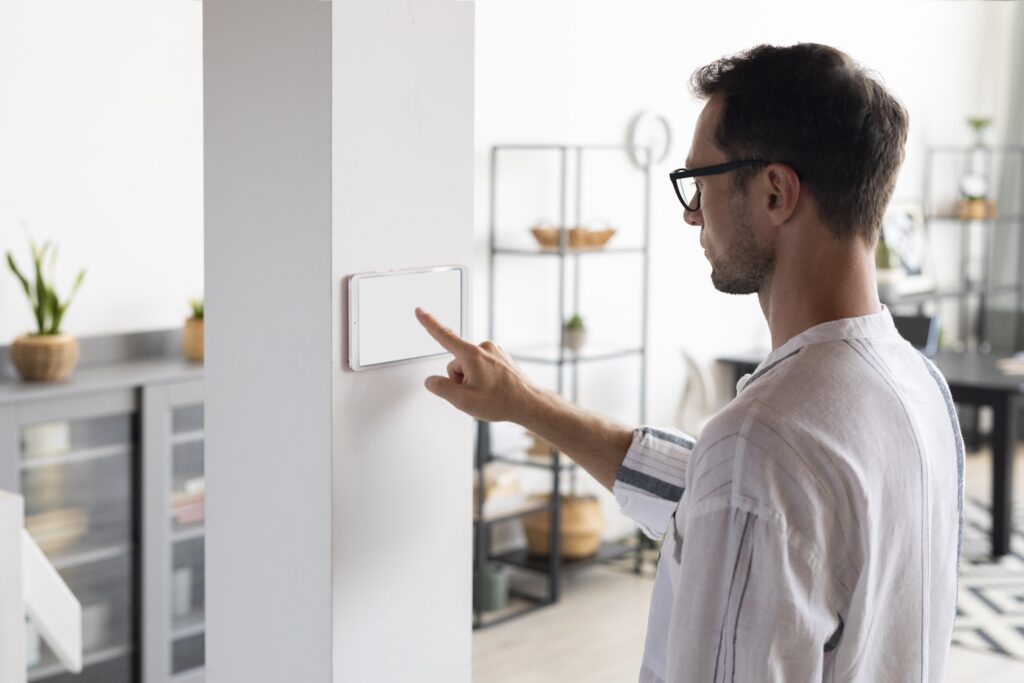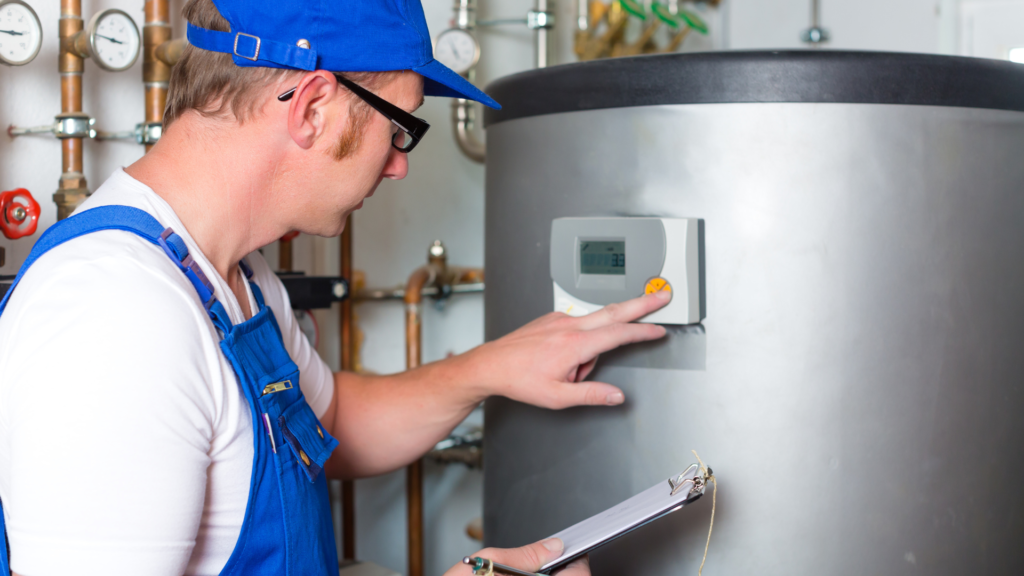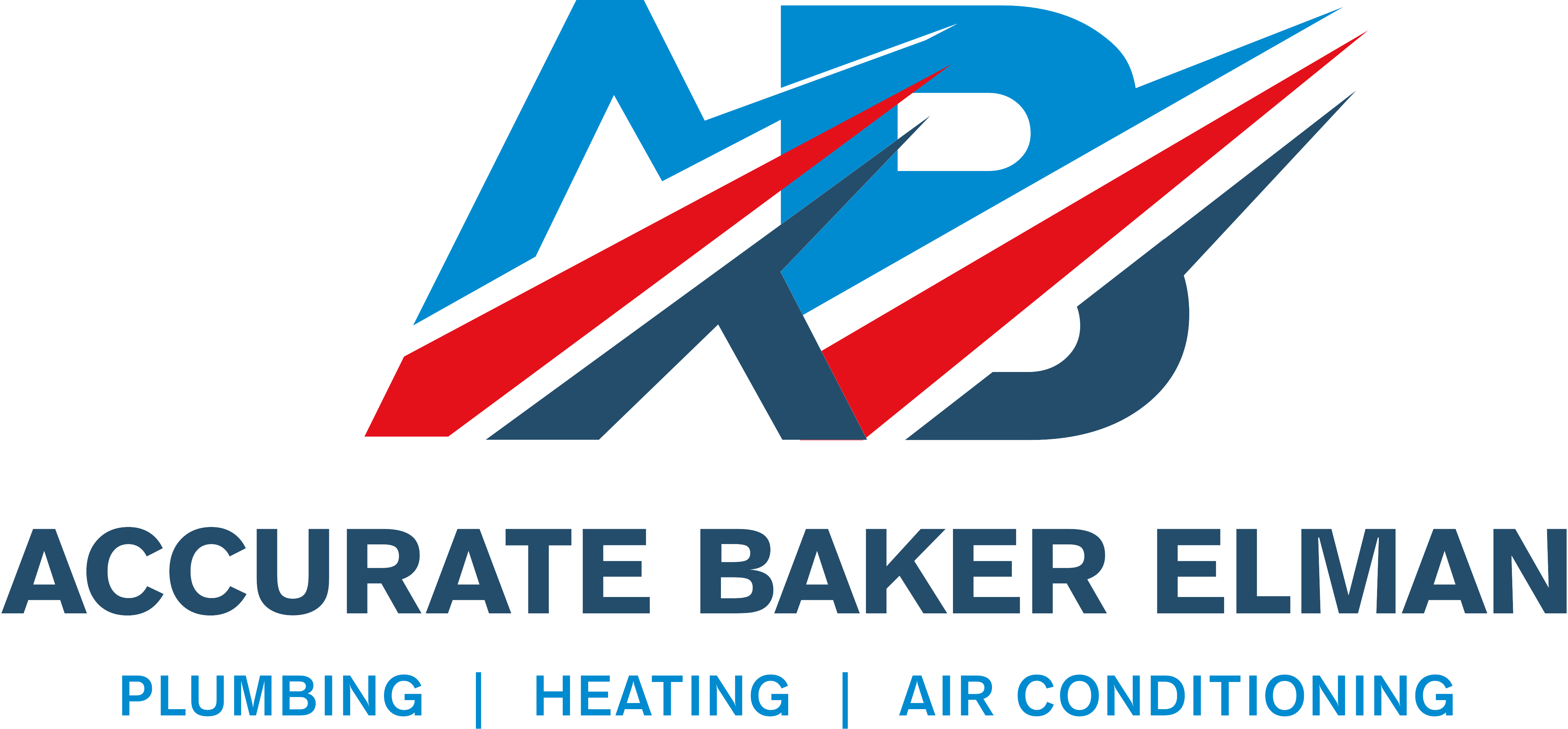As the warm days of summer give way to the cooler temperatures of fall, many homeowners start preparing their homes for the colder months ahead. One area that often gets overlooked, however, is the HVAC system. Neglecting to properly maintain your heating and cooling systems in the fall can lead to expensive repairs, decreased efficiency, and a less comfortable home as winter approaches. In this post, we’ll explore some of the most common HVAC mistakes homeowners make in the fall and how to avoid them, so you can ensure your system is running smoothly when you need it most.
1. Forgetting to Change the Air Filter
One of the simplest yet most commonly overlooked tasks is changing the air filter. Over time, dust, dirt, and other debris accumulate in your HVAC system’s air filter, which can restrict airflow and reduce efficiency. A clogged air filter forces your system to work harder, which can lead to higher energy bills and even cause damage to the unit itself.
How to Avoid It:
Set a reminder to check and replace your air filter every one to three months, depending on the type of filter and how often your HVAC system runs. For households with pets or allergies, you may want to check the filter more frequently. A clean air filter will improve airflow, enhance indoor air quality, and help your system run more efficiently, saving you money in the long run.

2. Skipping the Fall HVAC Tune-Up
Many homeowners assume that if their HVAC system is working fine, they don’t need to have it serviced. However, fall is the perfect time for a professional tune-up to ensure everything is in good working order before the colder months arrive. Skipping this crucial maintenance can lead to unexpected breakdowns and costly repairs during the winter when your heating system is working hardest.
How to Avoid It:
Schedule a fall HVAC tune-up with a licensed technician. During a tune-up, the technician will inspect your system, clean components, check for any potential issues, and ensure that everything is functioning properly. Regular maintenance not only helps prevent breakdowns but also extends the life of your system and ensures it runs efficiently, saving you money on energy bills.
3. Neglecting to Clean Vents and Ducts
Over time, dust and debris can accumulate in your home’s vents and ducts, reducing airflow and compromising indoor air quality. This buildup can also make your HVAC system work harder than it needs to, leading to higher energy costs and more wear and tear on the unit.
How to Avoid It:
Take the time to vacuum and clean your vents and registers to remove dust, pet hair, and other debris. If your home has a lot of dust buildup or you notice reduced airflow, you may want to consider having your ducts professionally cleaned. Clean ducts and vents help your HVAC system run more efficiently and keep your indoor air fresh and healthy.
4. Closing Too Many Vents
Some homeowners mistakenly believe that closing vents in unused rooms will save energy and reduce heating costs. While this may seem logical, it can actually have the opposite effect. When you close too many vents, it creates an imbalance in your HVAC system, which can cause it to work harder and potentially lead to damage.
How to Avoid It:
Keep most of your home’s vents open to maintain balanced airflow. If you want to reduce heating in unused rooms, consider using a programmable thermostat or zoning system to control the temperature in different areas of your home. This approach allows for more energy-efficient heating without putting undue strain on your HVAC system.
5. Ignoring Drafts and Air Leaks
Even the most efficient HVAC system won’t perform well if your home is drafty or poorly insulated. Air leaks around windows, doors, and in the attic can cause heated air to escape, forcing your heating system to work harder to maintain a comfortable temperature.
How to Avoid It:
Inspect your home for drafts and seal any gaps with caulk or weatherstripping. Pay special attention to areas around windows, doors, and baseboards. Additionally, consider adding insulation to your attic and walls to prevent heat loss. Proper insulation and sealing will help your HVAC system run more efficiently and keep your home warm throughout the fall and winter.

6. Setting the Thermostat Too High
As temperatures drop in the fall, it can be tempting to crank up the heat to quickly warm up your home. However, setting the thermostat too high not only wastes energy but also puts unnecessary strain on your HVAC system.
How to Avoid It:
Instead of turning up the heat, try setting your thermostat to a comfortable yet energy-efficient temperature—around 68°F when you’re home and lower when you’re away or sleeping. You can also invest in a programmable or smart thermostat, which allows you to set different temperatures for different times of the day. This will help you save energy while keeping your home comfortable.
7. Neglecting the Outdoor Unit
Your HVAC system’s outdoor unit is exposed to the elements year-round, and during the fall, it’s common for leaves, twigs, and other debris to accumulate around the unit. If the outdoor unit is obstructed, it can reduce airflow and cause the system to work less efficiently.
How to Avoid It:
Regularly inspect the area around your outdoor unit and clear away any debris. Trim back any nearby vegetation to ensure at least two feet of clearance around the unit. Keeping the outdoor unit clean and unobstructed will help maintain proper airflow and prevent potential damage to your system.
8. Overlooking Humidity Control
Humidity plays a key role in indoor comfort, especially during the colder months. While many homeowners focus on heating and cooling, they often neglect the importance of maintaining the right humidity levels. Low humidity in the fall and winter can lead to dry air, which can cause discomfort and health issues like dry skin, respiratory problems, and static electricity.
How to Avoid It:
Consider investing in a whole-home humidifier to maintain optimal indoor humidity levels, typically between 30-50%. Humidity control not only improves comfort but also helps your HVAC system run more efficiently by reducing the workload required to heat dry air. Additionally, the right humidity level can protect wood furniture and flooring from cracking or warping.
9. Ignoring Strange Noises or Odors
Unusual sounds or odors coming from your HVAC system are often warning signs of a problem. Whether it’s a rattling noise, a burning smell, or a musty odor, ignoring these symptoms can lead to more significant issues down the line.
How to Avoid It:
If you notice any strange noises or smells coming from your HVAC system, don’t wait to address them. Contact a professional technician to diagnose and repair the issue before it turns into a more costly problem. Catching these issues early can save you from dealing with a breakdown in the middle of winter.

10. Delaying Heating System Repairs
If you’ve noticed any problems with your heating system, such as inconsistent temperatures, frequent cycling, or rising energy bills, don’t put off repairs. Waiting until the system breaks down completely can result in a more expensive fix and leave you without heat when you need it most.
How to Avoid It:
As soon as you notice a problem with your heating system, schedule a service call with a licensed HVAC professional. Addressing issues early will prevent further damage and ensure that your system is ready for the colder months ahead.
Conclusion
Taking the time to properly maintain your HVAC system in the fall is essential to ensuring your home stays warm and comfortable throughout the colder months. By avoiding these common mistakes—such as forgetting to change the air filter, skipping a fall tune-up, or neglecting to seal air leaks—you can help your HVAC system run more efficiently, reduce energy costs, and prevent costly repairs.
Regular maintenance and attention to detail can go a long way in extending the life of your HVAC system and ensuring it performs well when you need it most. Make sure to consult with a licensed HVAC technician for any repairs or service needs, and enjoy the peace of mind that comes with a well-maintained heating and cooling system.

